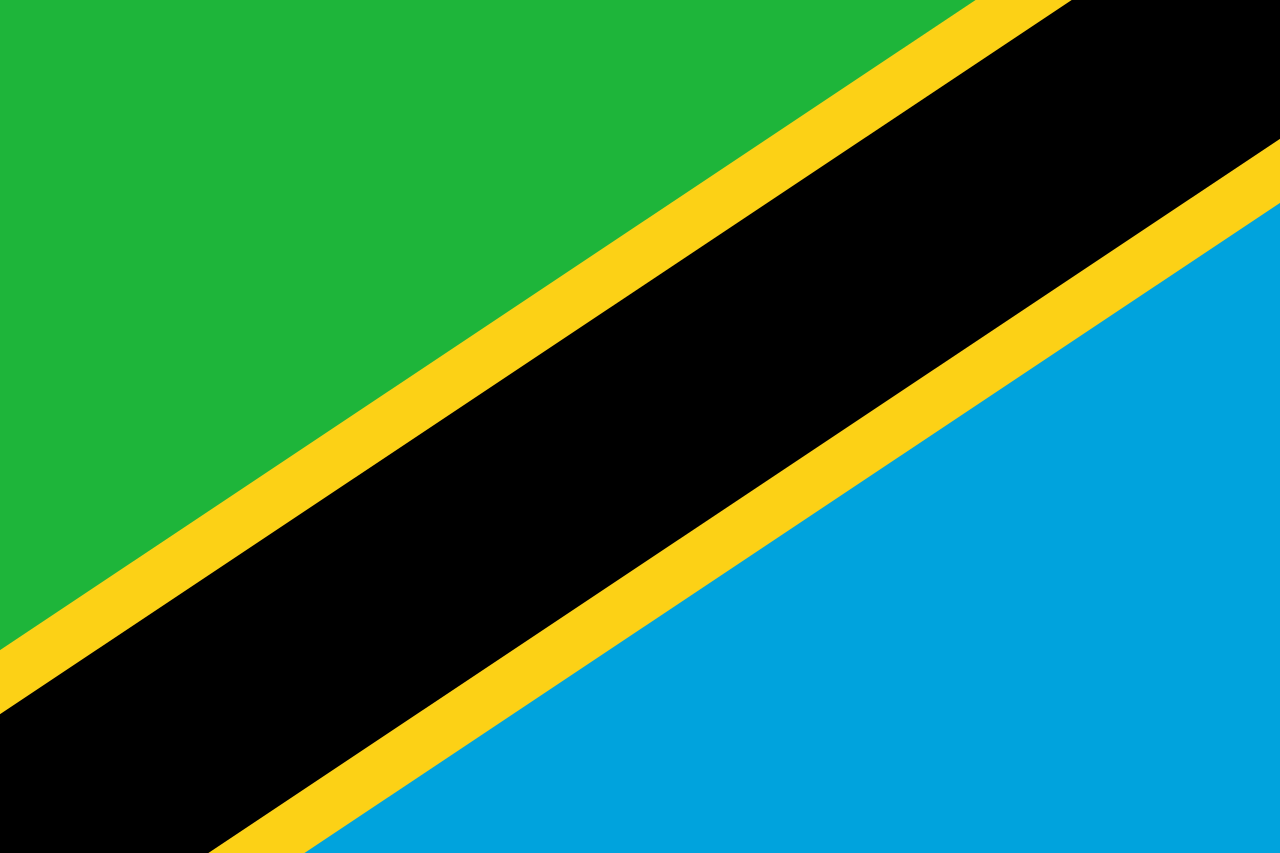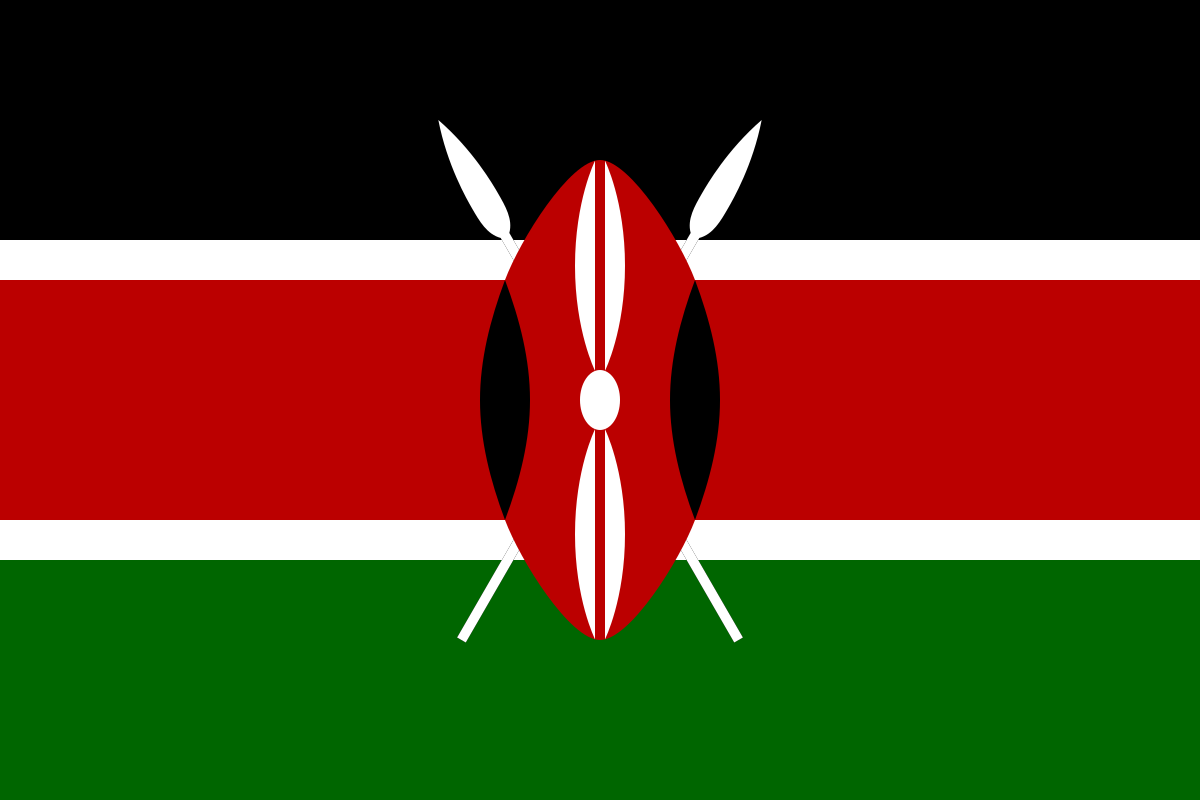The Tanzanian government has stopped the implementation of new rates for the National Health Insurance Fund (NHIF) following pressure from private hospitals and specialised medical service providers.
In new charges effective January 1, the Fund reduced the payments it would cover for medical consultation and treatment, forcing the private health sector operators to protest, threatening to withhold services from NHIF cardholders.
The Fund issued a directive with the new rates on December 18, saying it aimed to reflect market prices.
However, the Association of Private Health Facilities in Tanzania (APHFTA) said the revised fees would cause huge losses, citing the high costs of running their facilities.
Health minister Ummy Mwalimu Thursday held a day-long meeting with the stakeholders, following which she announced the suspension of the rates.
About 20 million people in Tanzania are registered with the NHIF scheme, most of them being government employees.
Ms Mwalimu said she would establish an independent commission to review the rates of the NHIF medical services package.
Under the new package, the costs covered for blood filtration (haemodialysis) dropped from Tsh240,000 ($95) to Tsh200,000 ($79) per patient.
Hernia surgery was reduced from Tsh150,000 ($60) to Tsh110,000 ($43. Consultation fees for specialist doctors were down from Tsh35,000 ($13) to Tsh25,000 ($10), while that for regular doctors had been reduced from Tsh10,000 ($4) to Tsh5,000 ($2).
NHIF revised rates followed the assertion into law of the Universal Health Insurance Bill, approved by Parliament on November 1, 2023, and signed into law by President Samia Suluhu Hassan on December 4.
Some 374 medicines had been added to the NHIF package. - APOLINARI TAIRO, The EastAfrican








